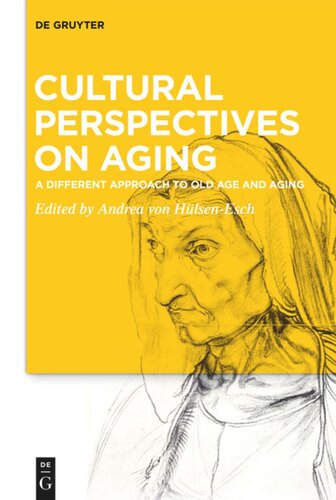

Most ebook files are in PDF format, so you can easily read them using various software such as Foxit Reader or directly on the Google Chrome browser.
Some ebook files are released by publishers in other formats such as .awz, .mobi, .epub, .fb2, etc. You may need to install specific software to read these formats on mobile/PC, such as Calibre.
Please read the tutorial at this link: https://ebookbell.com/faq
We offer FREE conversion to the popular formats you request; however, this may take some time. Therefore, right after payment, please email us, and we will try to provide the service as quickly as possible.
For some exceptional file formats or broken links (if any), please refrain from opening any disputes. Instead, email us first, and we will try to assist within a maximum of 6 hours.
EbookBell Team

0.0
0 reviewsOpen Access
Current demographic developments and change due to long life expectancies, low birth rates, changing family structures, and economic and political crises causing migration and flight are having a significant impact on intergenerational relationships, the social welfare system, the job market and what elderly people (can) expect from their retirement and environment. The socio-political relevance of the categories of ‘age’ and ‘ageing’ have been increasing and gaining much attention within different scholarly fields. However, none of the efforts to identify age-related diseases or the processes of ageing in order to develop suitable strategies for prevention and therapy have had any effect on the fact that attitudes against the elderly are based on patterns that are determined by parameters that or not biological or sociological: age(ing) is also a cultural fact. This book reveals the importance of cultural factors in order to build a framework for analyzing and understanding cultural constructions of ageing, bringing together scholarly discourses from the arts and humanities as well as social, medical and psychological fields of study. The contributions pave the way for new strategies of caring for elderly people.
- interconnecting scientific discourses
- new strategies in handling elderly people
- revealing the interdependence between mental attitudes, mind-sets relevant to the action, unconsciously handled stereotypes of age(ing), social praxis